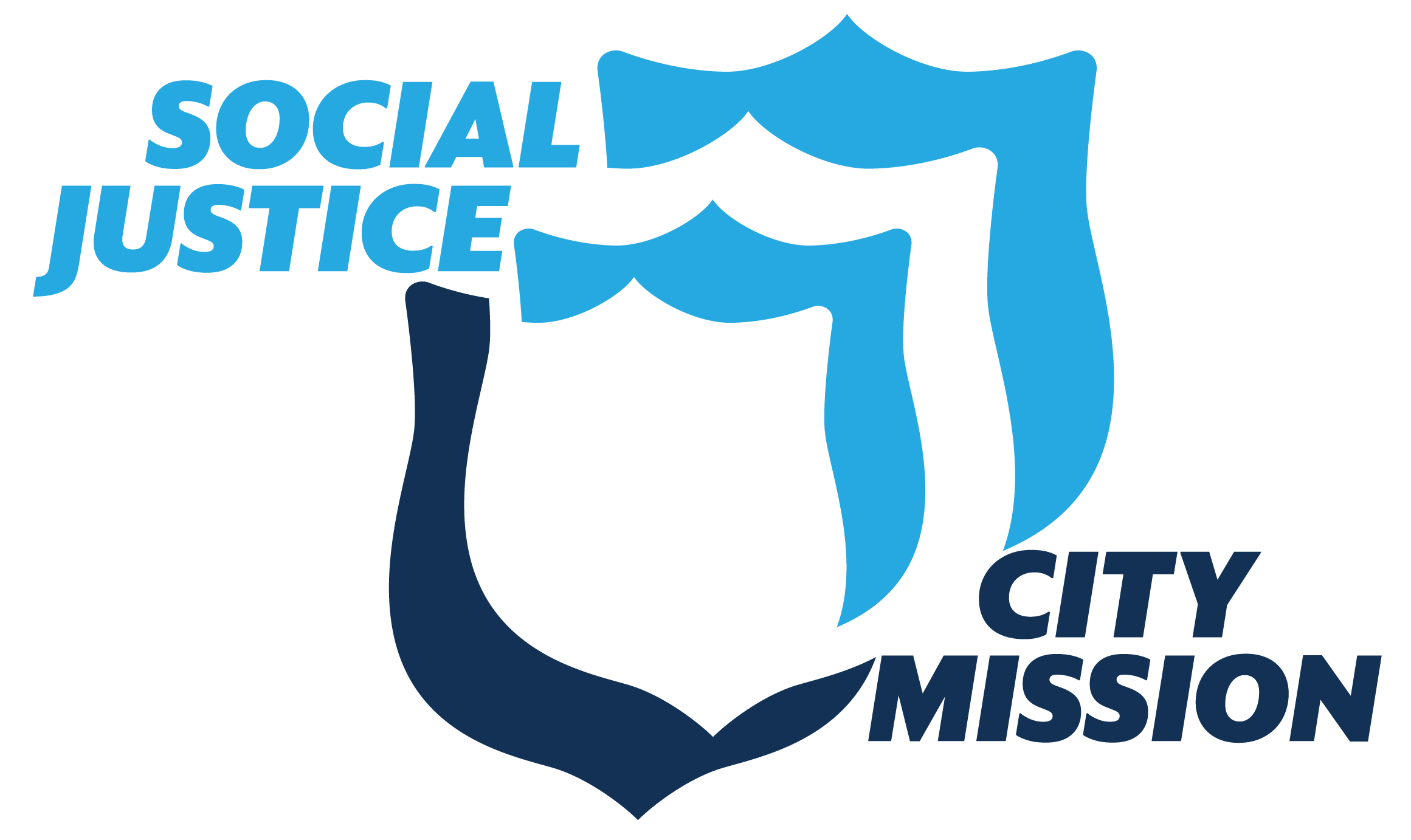
Before I joined the Center for Social Justice and Urban Mission I worked in the anti-trafficking field for over a decade. I learned so many incredible things during my time there. But I think one of the most important lessons I learned was about my own limits.
I remember early in my work sitting in a meeting listening to people talk about their roles in the field, their level of commitment to the issue. Some people shared about the extreme measures they had taken to help individuals seeking to leave their trafficking situations; people drove personal vehicles by themselves, without a safety plan or any plan, to unfamiliar neighborhoods in the middle of the night; people opened their homes to folks fleeing violent traffickers without a hint of hesitation; people spent more money than I will ever make supporting the education and recovery of others. And I felt like I had just made the biggest mistake of my life. I was not in a place to make those same sacrifices. I felt like my commitment was not enough, like I was not adequate to do the work.
So I did what so many of us do, I poured myself into the work without hesitation in an attempt to prove that I was “up for the job.” At the time I shared our crisis response hotline with one other person, sometimes having the hotline for two or three weeks at a time. When the phone rang in the middle of the night I would groggily answer, hop out of my bed, and was on my way to whatever location was calling – hospitals, police stations, etc. Upon arrival I would attempt to speak with the individual, sometimes spending long hours in conversation, sometimes a mere few minutes and on more than one occasion, I was not permitted to speak with the person at all. And then I would get up and go to work the next day because trainings were scheduled, appointments were booked, and there were no fall-back plans if I was not there.
You remind yourself that “if God has called you, He will equip you,” without remembering that God also asks us to honor the Sabbath, that Jesus not only modeled action, but also rest.
Even though it’s been years since those early days, even now when my phone rings in the evening/overnight I feel my heart skip and hold my breath when I do not recognize the caller, my mind going back to those days of jumping in the car immediately. But that response isn’t a fond memory. It’s not a sign of commitment to the job. And it is definitely not healthy. I thought I needed to be a martyr for the work. Because that is what you do in social justice work right? You give of yourself so completely. You continue to pour out long after your cup is empty. You have grace for all those with whom you work. You encourage healthy boundaries in others. You emphasize the need for self care and rest for those who have endured trauma. And you forget about your own needs, your own limits. You remind yourself that “if God has called you, He will equip you,” without remembering that God also asks us to honor the Sabbath, that Jesus not only modeled action, but also rest. Even when there was still work left, when there were still crowds seeking to learn from Him, Jesus took time to rest (Mark 4:35-40).
Friends, this justice work is hard. For many of you, this is work you have been doing for years, for decades. And it’s okay to be tired. Sometimes it is necessary to log out of social media, to turn off news alerts, to disconnect for a time. It’s okay to need a rest. And tomorrow? Tomorrow’s another day.

